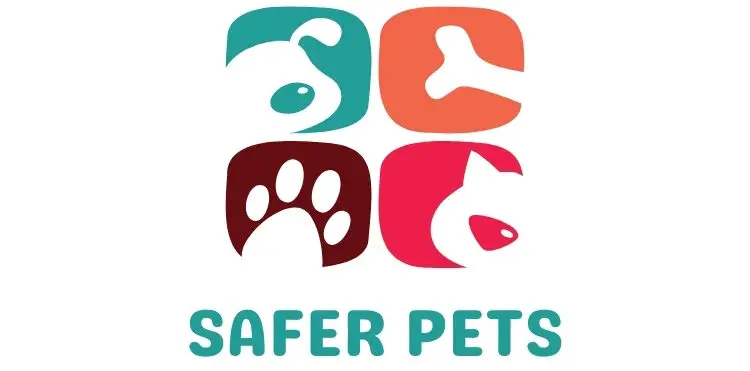A vast array of reptiles are available on the pet market, some easier to care for than others.
If you are a beginning reptile keeper start out with species that are easy to care for before advancing to some of the more difficult ones. This ensures your first attempts at reptile keeping do not end in failure and put you off what is a wonderful hobby.
Choose species that do not require special diets or housing and above all, avoid aggressive or venomous reptiles. These need specialist care and are not for the novice.
Hit the Books
Before rushing out to buy a pet reptile research all you can on the animal. Its feeding, housing, natural environment, general care, and nature are all things that should be thoroughly investigated to guarantee you can adequately provide for its needs once it’s in your care.
There are many good websites on the internet and books available. If you spend time doing your research you will not end up with a species that is hard to care for or not appropriate for you. Doing this will save many potential problems later on.
Remember commitment to a reptile is a long-term experience. Many reptiles often live longer than the average dog or cat and animals like tortoises can live as long as a human can.
For those still wanting to become potential “Herpetologists”, someone who keeps and studies reptiles, there are a number of easy care species available.
Try Caging a Leopard
Leopard Geckos make attractive, easy care pets. They only require feeding a couple of times a week with crickets. They have a magnificently tolerant nature and are not quick to bite. These charming little creatures can live up to 30 years, and if you get a pair, they are relatively easy to breed.
It is important however, never to pick any species of gecko up by the tail. As a natural defence mechanism geckos and some other lizards can shed their tails. These often grow back but never as good as the original tail was.
If a Serpent in Eden Appeals
If snakes appeal to you, Stuarts Milksnake is an ideal first starter. Milksnakes are non-venomous and by and large have a good placid nature. They will quite happily feed on frozen mice that are available from most pet stores stocking reptiles. This eliminates the need for you to worry about feeding live food.
One point to take into account however is all snakes are master escape artists, any accommodation for them must be very secure.
Time for a Bit of Turtle Power
Turtles and Tortoises make great reptilian companions and are relatively easy to care for. Where it comes to turtles, their accommodation should have excellent filtration. Turtles are very messy with both food and faeces. The main thing to watch for with turtles is their mouth and claws. Turtles have horny beaks quite capable of giving a painful nip and when larger drawing blood. Their claws can also cause severe scratches if they are not held correctly. Always learn how to hold a turtle the correct way for the turtle’s security and your own wellbeing.
If you consider turtles use their claws to shred their food, and the water they swim in and even the turtles themselves are hosts for salmonella, you can understand why any scratches need tending to straight away.
What if They Are a Little Grumpy?
Any reptile will bite or scratch if it feels threatened or frightened. Always make sure your tetanus shots are up to date as there is a danger of catching it from bites and scratches your pet may inflict.
Make sure you wash your hands before and after handling reptiles, as they are carriers of salmonella and other diseases that are transferable to humans.
Never leave children unsupervised with your reptile. All it takes is a moments carelessness for a reptile to escape or a child to be bitten or clawed because they have scared the animal. Reptiles are additionally quite delicate and if dropped can be seriously harmed.
A Walk on the Wild Side
Though many species of native reptiles are fascinating and relatively easy to care for, they are definitely not recommended as pets. Every year numerous native reptiles die through maladaptive syndrome due to not being able to adapt to captivity.
Even short-term observation of a wild reptile is dangerous for the animal. Unless released in exactly the same spot you initially took it from the animal may die while attempting to return to its familiar territory. Observe and admire them in the wild but also leave them there.
Learn all you can about the species you desire to keep. Join a local or national Herpetological Society; they have people who have a wealth of profound knowledge on the subject.
If kept properly you will spend many hours enthralled by your pet and maybe encourage others to keep these wonderful creatures that are just as entertaining as any cat or dog.
